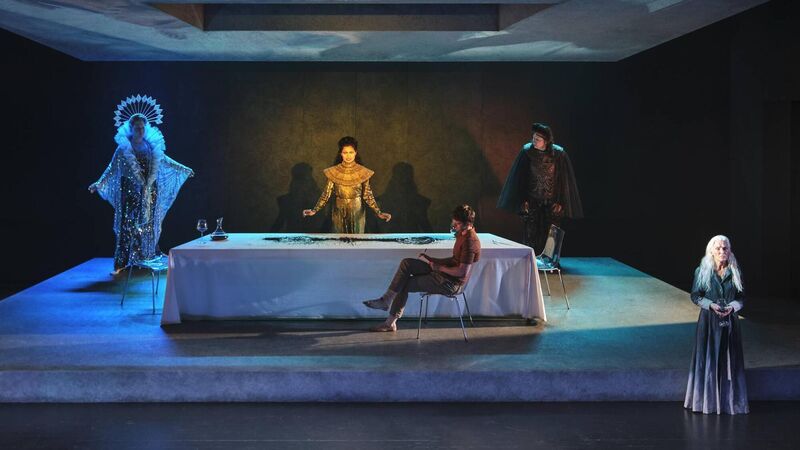Theatre review: Mixed results for Marina Carr's take on Sophocles' classics

A scene from The Boy, at the Abbey Theatre. Picture: Ros Kavanagh
- The Boy/The God and His Daughter
- Abbey Theatre, Dublin Theatre Festival
- ★★★☆☆
Try from €1.50 / week
SUBSCRIBE
A scene from The Boy, at the Abbey Theatre. Picture: Ros Kavanagh
Already a subscriber? Sign in
You have reached your article limit.
Annual €130 €80
Best value
Monthly €12€6 / month
Introductory offers for new customers. Annual billed once for first year. Renews at €130. Monthly initial discount (first 3 months) billed monthly, then €12 a month. Ts&Cs apply.
Newsletter
Music, film art, culture, books and more from Munster and beyond.......curated weekly by the Irish Examiner Arts Editor.
Newsletter
Music, film art, culture, books and more from Munster and beyond.......curated weekly by the Irish Examiner Arts Editor.
© Examiner Echo Group Limited